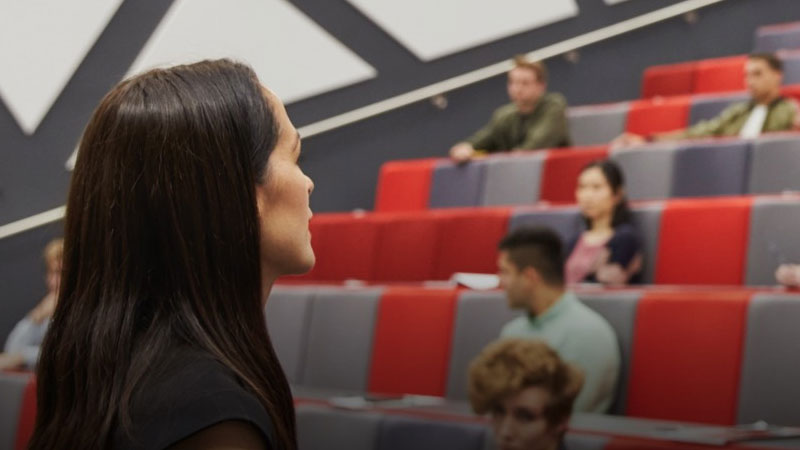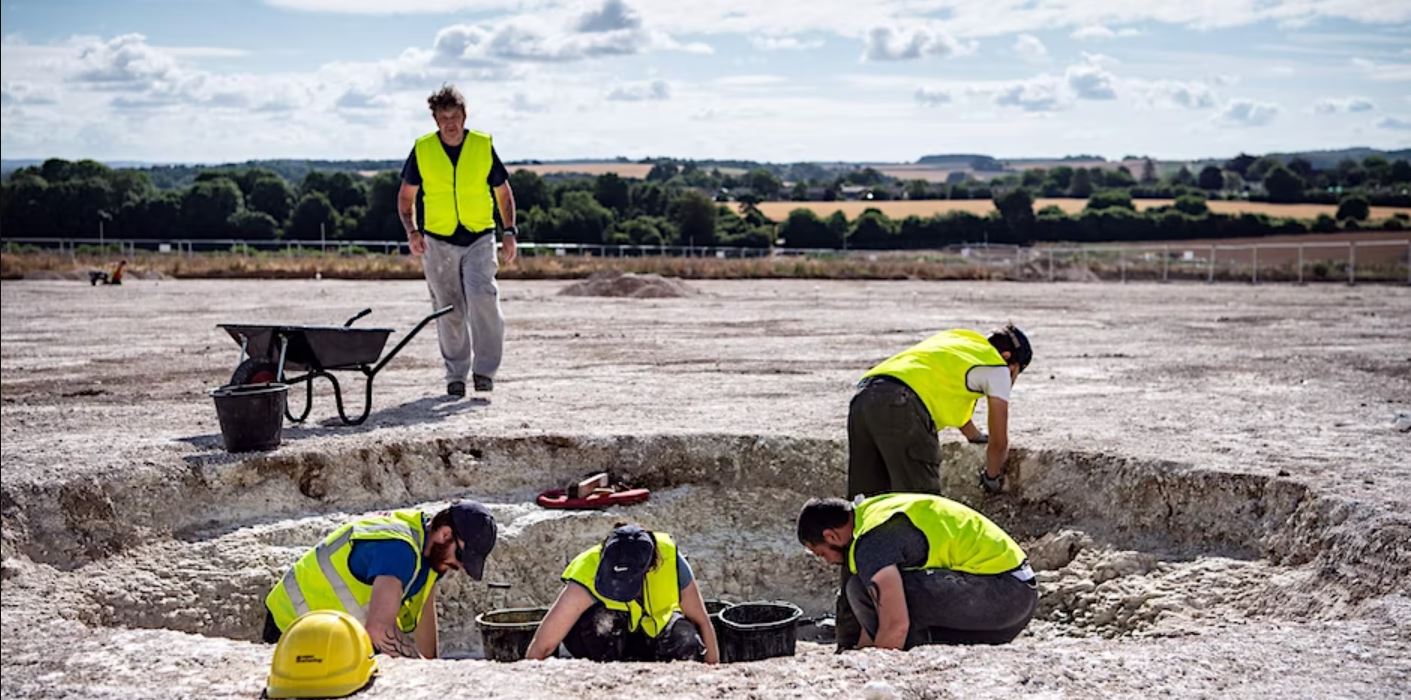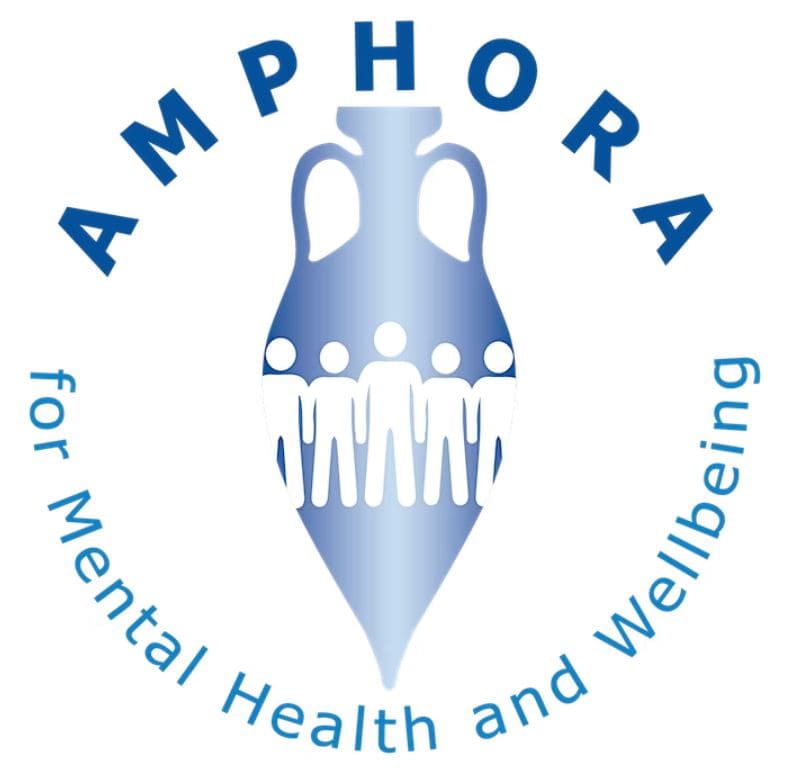
Sherds to Amphora: Journey towards guidelines for heritage and mental health
Join Solent University's Dr Karen Burnell and the University of Winchester's Dr Paul Everill for a Professorial Lecture in archaeology, heritage and wellbeing
Taking part in heritage projects, like archaeology, has become a really popular way to improve mental health and wellbeing and they really can help people. A well-known example of this is Operation Nightingale established in 2011 to promote archaeology as a means to support the wellbeing and recovery of serving military personnel and veterans.
However, there can be times when projects might not have the right set up to make sure that the participants and the historic remains are well looked after. This talk will present the journey taken from initial involvement with these veteran groups, through to the publication of the first interdisciplinary book about archaeology, heritage, and wellbeing, and finally to the development of a set of a set of best practice guidelines to help make sure that people are safe and looked after when they take part, and that we look after the things and places that mean something to us.
The guidelines and wider project are called AMPHORA (Authentic and Meaningful Participation in Heritage or Related Activities) and they focus on projects that offer active participation to help improve the mental health of individuals who live with complex mental health challenges.
About Dr Karen Burnell, Associate Professor of Applied Psychology
Karen is an Associate Fellow of the British Psychological Society, Chartered Psychologist by Research, and an experienced research leader. At Solent, Karen is also the University Research Lead for Social Research and Policy.
After graduating with a First Class degree in 2003 from University of Southampton, Karen successfully applied for a 1+3 ESRC postgraduate award to complete an MSc Research Methods in Psychology, followed by a PhD, which she completed in 2007. Her thesis was a narrative inquiry entitled ‘The Reconciliation of Traumatic War Memories throughout the Adult Lifespan: The Relationship between Narrative Coherence and Social Support’. Since 2007, Karen has worked as a research assistant post at the University of Reading, a postdoctoral research associate at UCL from 2008-2011, a lecturer, and then senior lecturer at University of Portsmouth from 2011-2018. Karen joined Solent University in the summer of 2018 as a senior lecturer in psychology.
Karen specialises in applied psychology, with a particular focus on veteran studies, psychogerontology, mental health and wellbeing, and research methodologies. Over the years, Karen has explored the role of social support in mental health and wellbeing and, more specifically, peer support. At the heart of all of Karen’s research is the exploration of informal support networks and psychosocial interventions. Karen’s research has been funded by the ESRC, Forces in Mind Trust, Alzheimer’s Society, Age UK, and the UKRI-MARCH Network. Karen is currently exploring how heritage can impact mental health and wellbeing through the AMPHORA Project – the development of guidelines for heritage interventions - and has recently co-edited one of the first interdisciplinary books on the topic: Archaeology, Heritage, and Wellbeing: Authentic, Powerful, and Therapeutic Engagement with the Past.
About Dr Paul Everill, Reader in Archaeology, University of Winchester
Paul is a Fellow of the Society of Antiquaries, and the Royal Anthropological Institute. Paul is currently the UoA Lead for both C15 (Archaeology) and C20 (Social Work and Social Policy) at Winchester.
Paul pursued a career in archaeology since first exploring his growing interest in the discipline through a 5th form work experience opportunity at Wroxeter in 1989. He studied archaeology at Saint David's University College, Lampeter, before subsequently gaining more archaeological site experience and then a Masters at the University of Southampton. Following this he worked in developer-led archaeology for a number of years, in the UK and Ireland, and it was that experience that led in turn to his PhD at the University of Southampton - a study of the developer-led sector and particularly the impact of competitive tendering on the working lives of those employed in that sector. He has been co-director of the Anglo-Georgian Expedition to Nokalakevi since 2002 and his focus on methodology and practice led, in 2008, to his appointment to teach ‘applied archaeological techniques’ at the University of Winchester. Paul started working in the area of archaeology and wellbeing in 2015; establishing the archaeological fee-waiver studentships for veterans at Winchester in 2016; and hosting UK, Georgian and Ukrainian veterans on a wellbeing programme, as part of excavations at Nokalakevi, from 2017.
Alongside over 30 peer-reviewed publications on a variety of topics Paul is author of The Invisible Diggers (2009; 2nd Edition 2012), editor of Nokalakevi-Tsikhegoji-Archaeopolis: Archaeological Excavations 2001-2010 (2014); co-editor of Rescue Archaeology: Foundations for the future (2015), and co-editor of Archaeology, Heritage, and Wellbeing: Authentic, Powerful, and Therapeutic Engagement with the Past (2022). Paul recently founded the Georgian Archaeological Monographs Series.


Event location
- .
- Online
- .
- .
- .
- .




